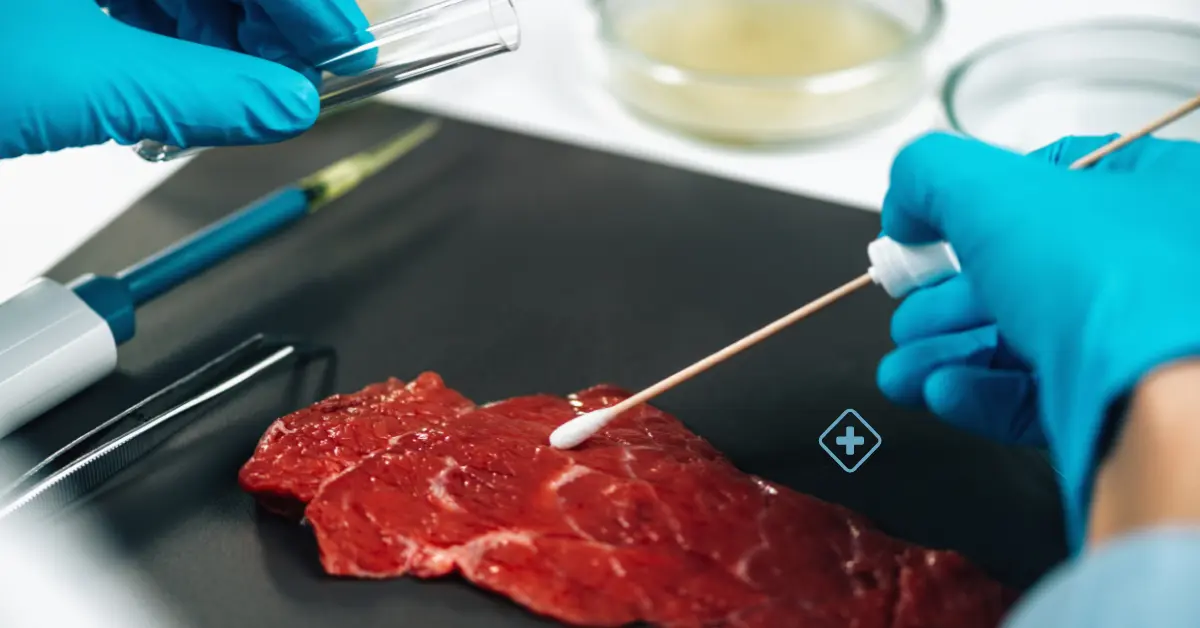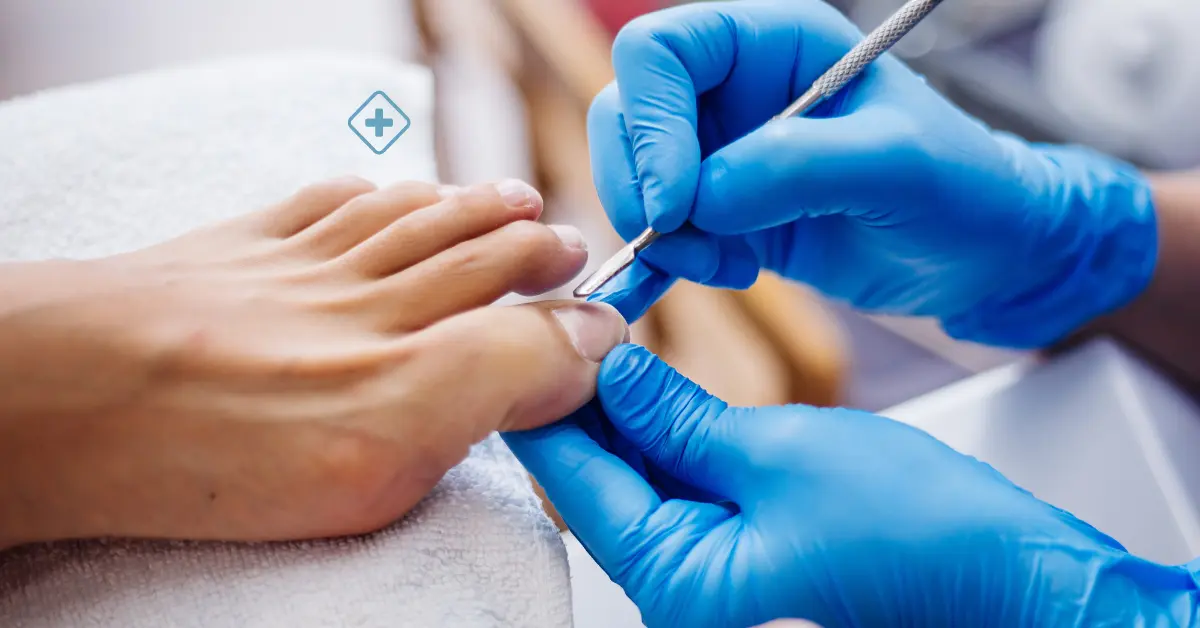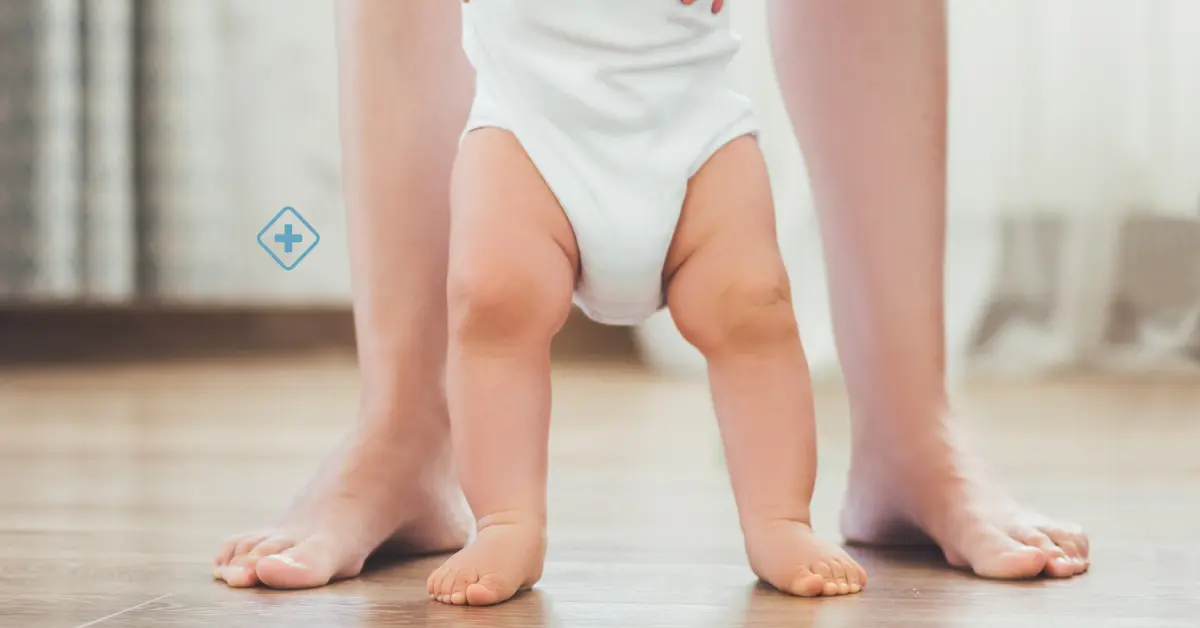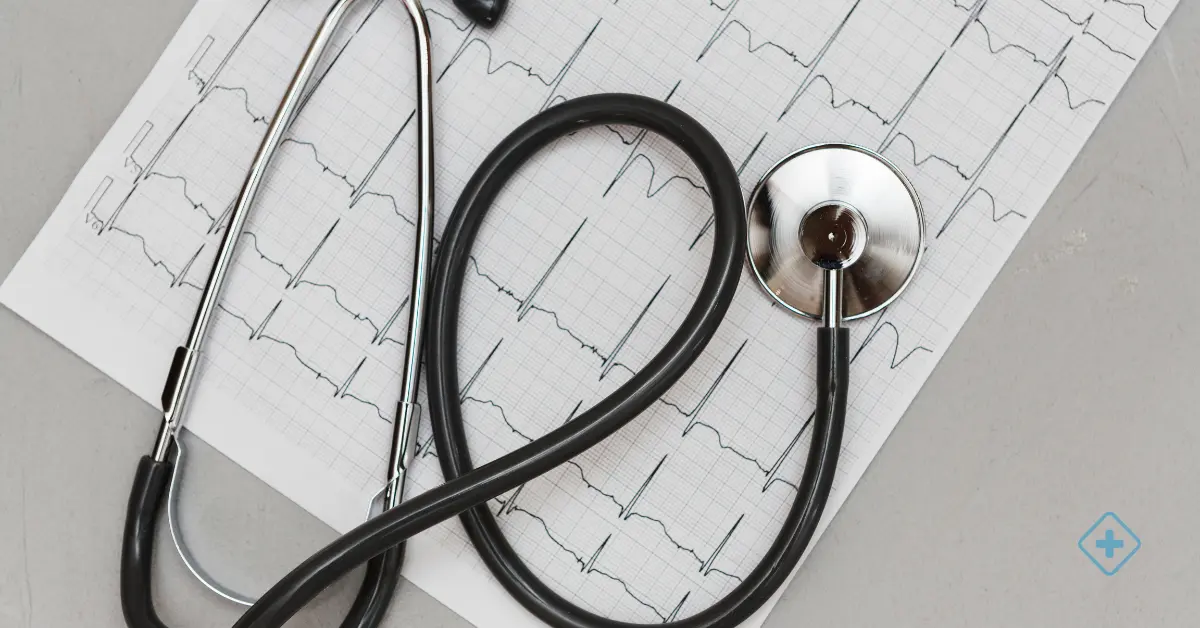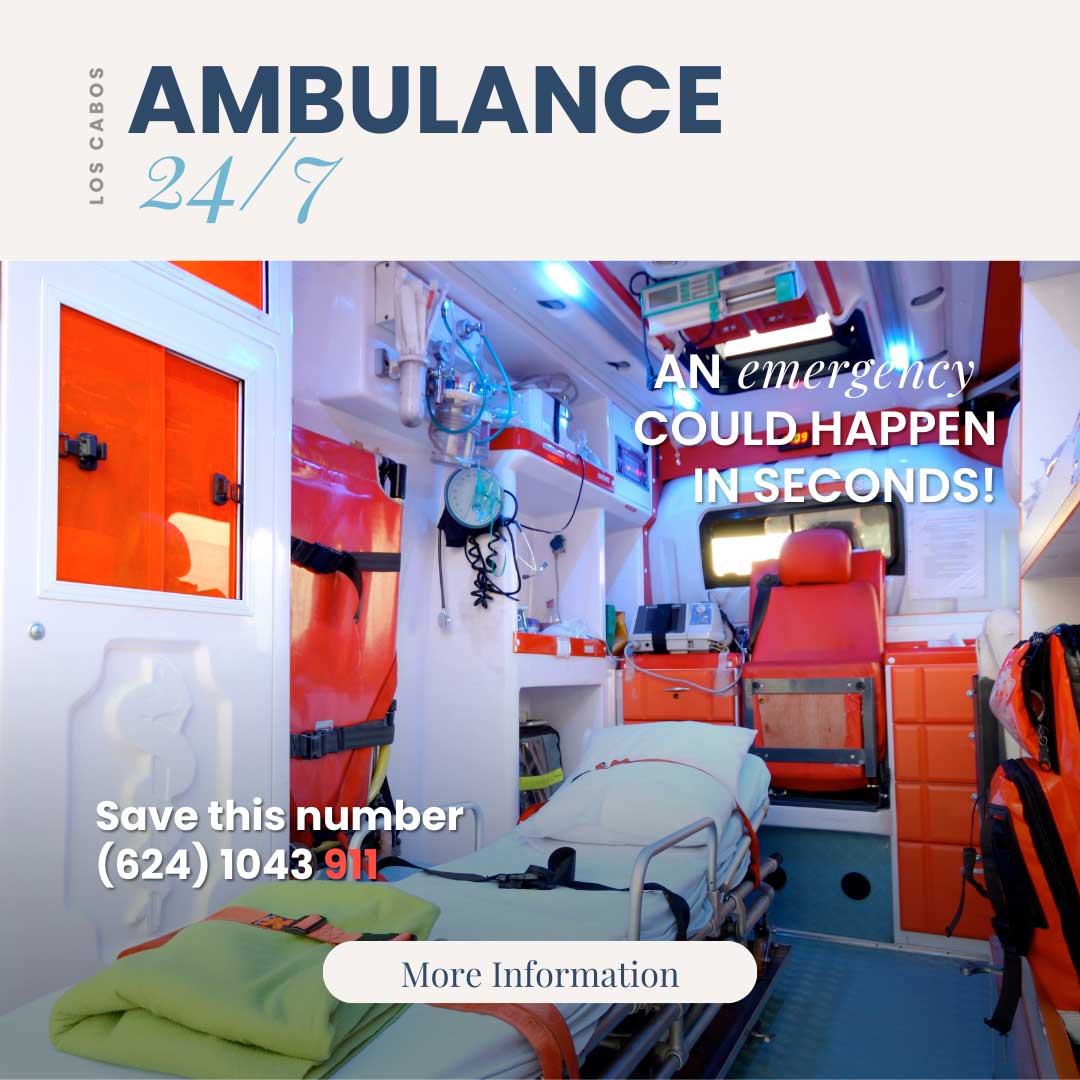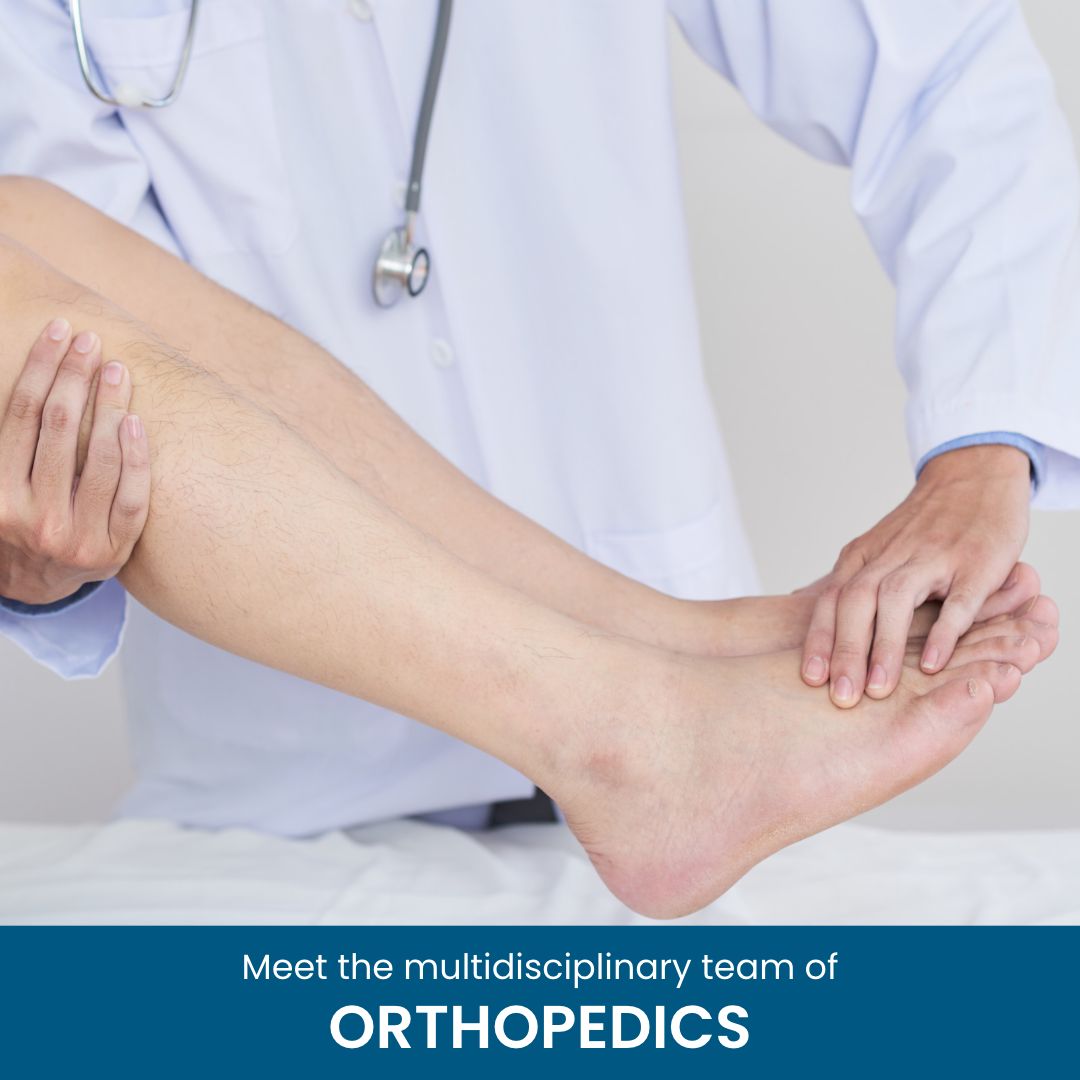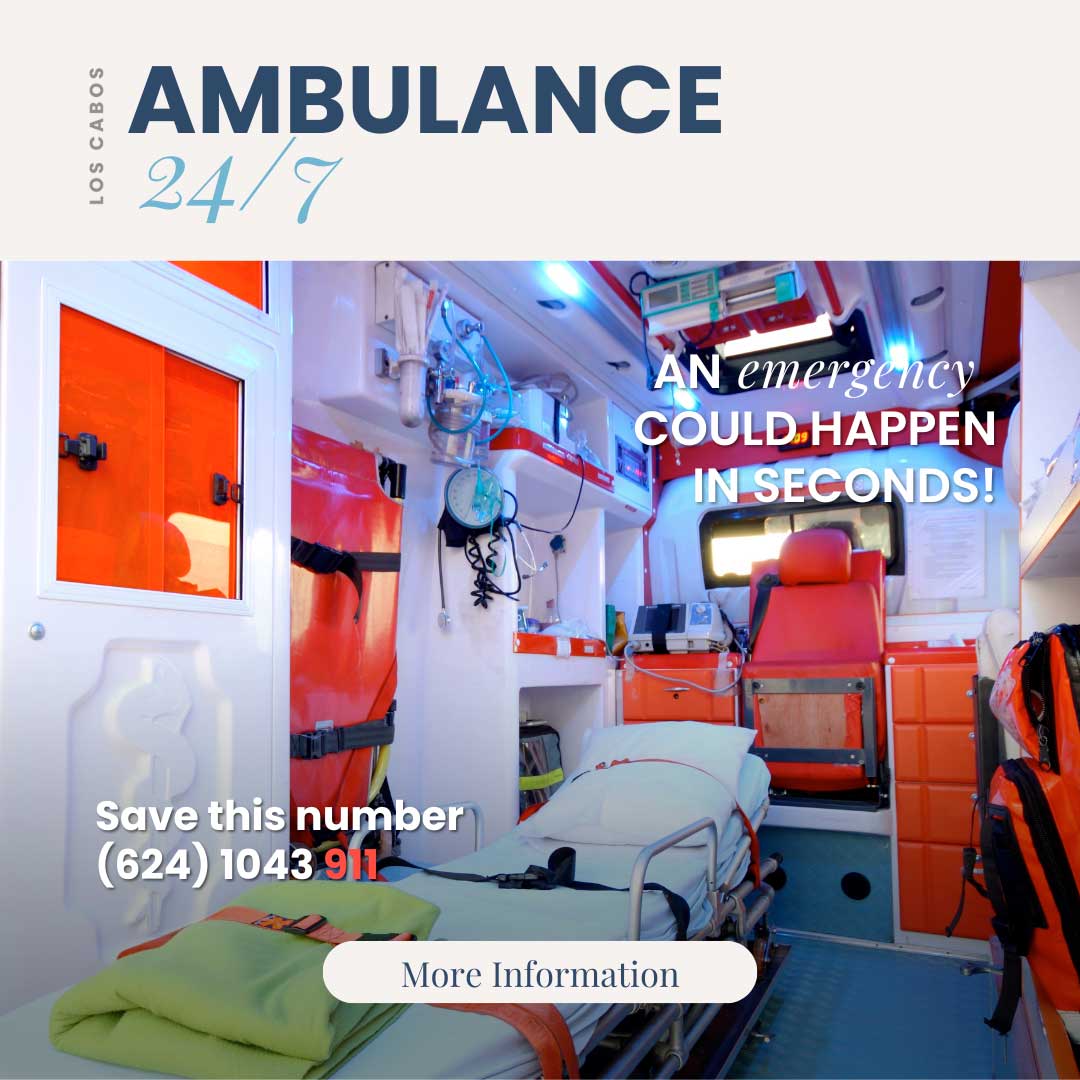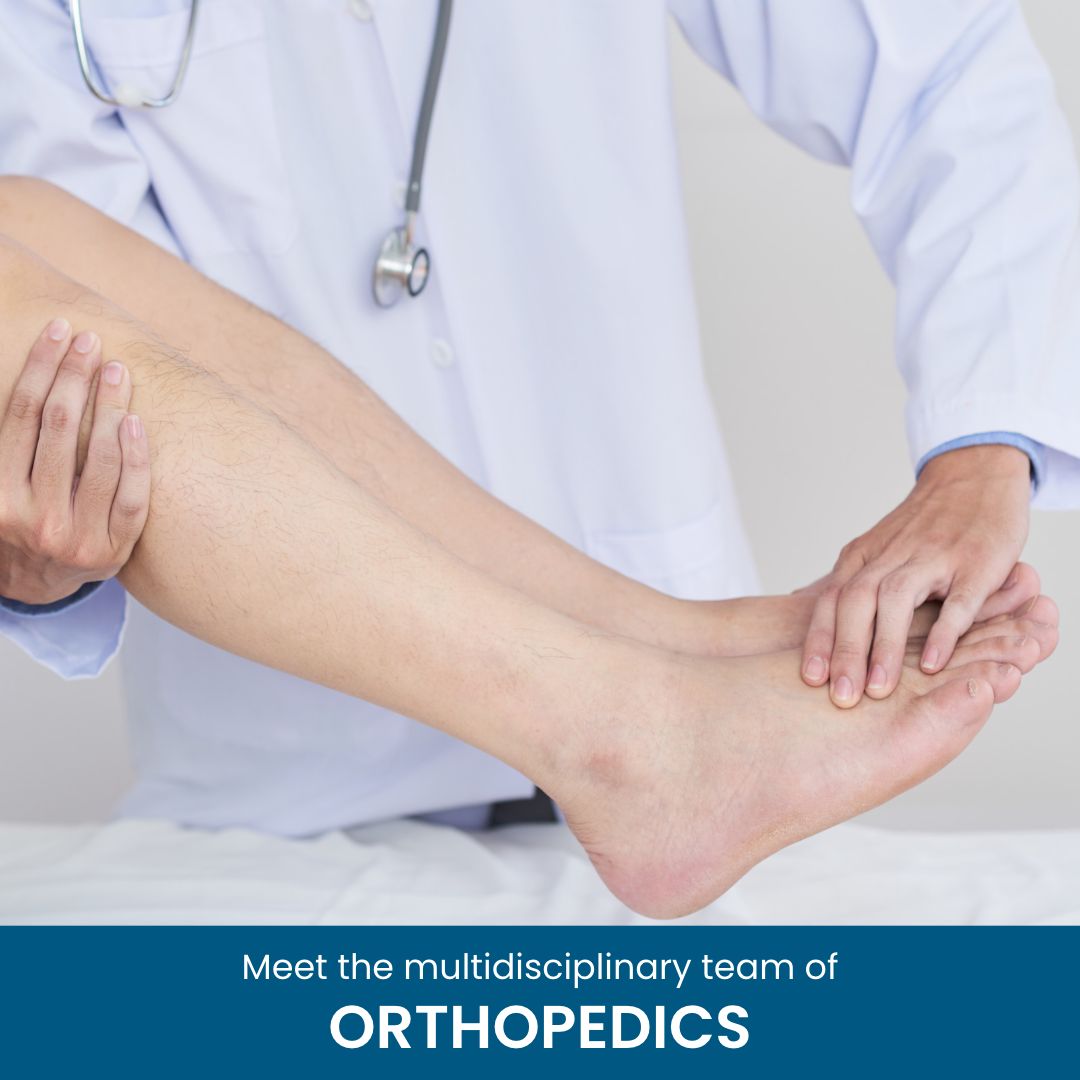
Protect your family and yourself from these Household Chemical Products!
Learn how to safely store and handle products you use at home that contain dangerous chemicals
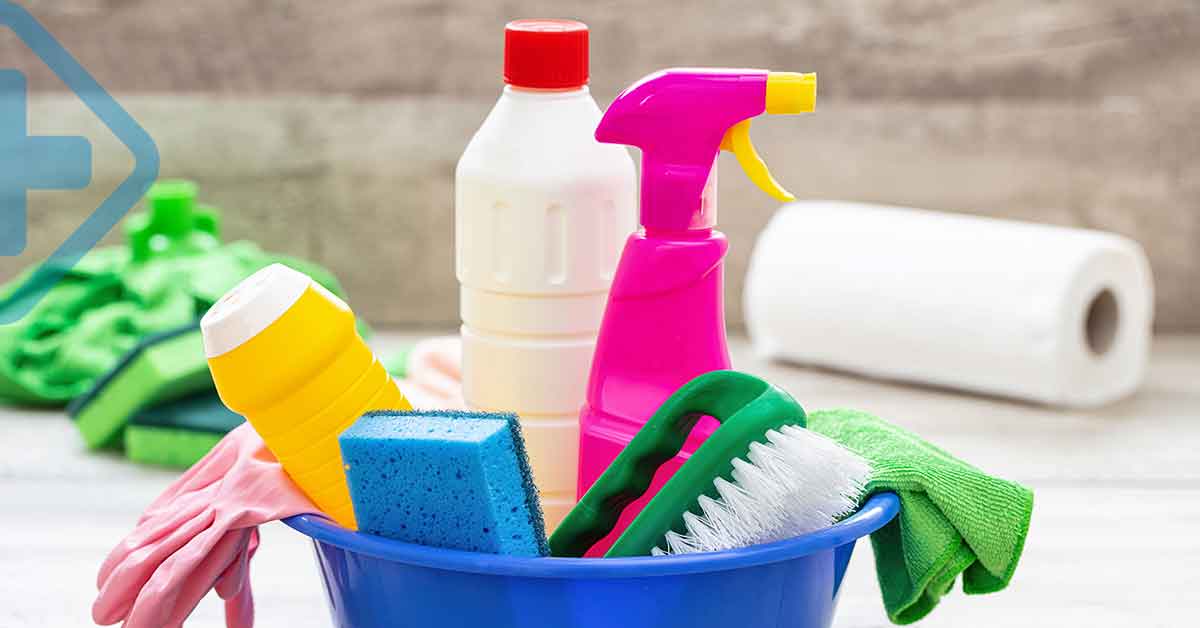
Many products such as cleaners, detergents, paints, and car supplies can be commonly found in homes that could be potentially dangerous to you, your children, or even your pet if not safely stored and handled.
A chemical is any mixture or chemical that can be harmful to the health of people or animals if inhaled, swallowed, or in contact with the skin. These substances may be stored at home, so it is essential to learn to recognize them, follow the instructions and quantities to use that come on the label, and know the level of toxicity of the product.
How can I find out if the cleaning products I have at home are harmful to my health?
It is easy. If a household product is harmful, toxic, or dangerous, it will always be indicated on the label with the word "Danger," "Caution," "Warning," "Careful," or symbols that are easy to recognize and identify.
Be sure always to read the label on each product before use to learn about safe handling. Use only in the places, in the quantities, and for the time indicated on the label.
What are these household products that can be harmful to health?
In the Kitchen:
-
Dishwashing Soap: Dishwashing detergents are usually mild and do not harm the skin. If ingested, it is not life-threatening but can cause nausea, vomiting, and mouth and throat irritation.
-
Oven and stove cleaner: Many stove cleaners contain caustic soda, which can burn the skin and eyes if not used carefully. Try wearing gloves and safety glasses when using it or choose a cleaner that does not contain this ingredient.
In the washroom:
-
Laundry detergents: if your soap contains an ingredient called "cationic," it can be very toxic if ingested, causing nausea, vomiting, convulsions, or memory loss.
-
Multipurpose cleaners: these products are often used to disinfect, cut grease, or as solvents and are highly poisonous if swallowed by both humans and pets. When using an all-purpose cleaner, use gloves to protect your skin and overall:
Never mix two products that contain ammonia and chlorine. -
Chlorine: Chlorine can irritate the skin, eyes, nose, and throat, so be cautious when using it, direct skin contact can result in dermatitis. Chlorine intake can cause damage to the esophagus, stomach irritation, nausea, and vomiting. Do not mix chlorine with other cleaning products, doing so produces different types of poisonous gases that cause severe breathing problems.
-
Insecticides: When using insecticides, make sure they do not get on any food or surfaces in contact with the kitchen, such as dishes, rags, cutlery, etc.
-
Window and glass cleaning products: Use them in very well ventilated areas and wear gloves when using them, they can cause skin, eye and throat irritations.
In the patio or garage:
-
Antifreeze: Antifreeze can be deadly if swallowed. Keep your pets away from any antifreeze spills because the sweet smell can attract them, but it could be fatal.
-
Oil-based paints and their solvents: They can be irritating to the eyes and skin. When painting, make sure there are a draught and proper ventilation. Open doors and windows and, if possible, turn on a fan while you paint.
-
Car batteries: Although batteries are regularly sealed, many contain toxic metals, so take precautions.
-
Motor oil: Oil contains chemicals that can cause nerve and kidney damage.
-
Mercury thermometers: Mercury and the vapors it forms can damage the nervous system. Discard your thermometer and replace it with a digital or infrared one.
-
Brake fluid: It is irritating and toxic to the skin.
In the bathroom:
-
Toilet cleaners: Toilet cleaners contain chemicals that can be very irritating to the skin and eyes. When cleaning your bathroom, wear latex gloves, and make sure there is good ventilation. Do not mix these cleaners with other products, just as chlorine can create poisonous and harmful gases.
-
Deodorant: Do not use deodorant products on or around fires. These products are highly flammable.
-
Nail polish remover or Acetone: Their vapors are harmful to the nervous system, breathing them for moderate or long periods can irritate the nose, throat, lungs, and eyes, nausea, and dizziness headaches, and vomiting.
These are some of the most common chemicals found in homes. Generally, most people are exposed to too small a level of toxicity to be a danger. Still, it is best to learn how to handle them with proper precautions, especially when there are children or pets in the house who do not recognize dangerous situations. Remember always to read the labels and consult your doctor if you suspect that a commonly used product is causing you health problems.
BlueNetHospitals - Hospital Los Cabos
BlueNet Hospitals.
Trending Topics
Gestational Diabetes
The exact cause of gestational diabetes is not yet fully understood.
E. coli
The symptoms of an E. coli infection can appear three to four days after exposure
Diabetic Foot
These are the common symptoms related to diabetic foot
Hip Dysplasia
The symptoms of hip dysplasia vary depending on the individual's age
Health Library
ICU
- Do You Need an Appointment with a Specialist?
- call us
- write us
- let's talk

